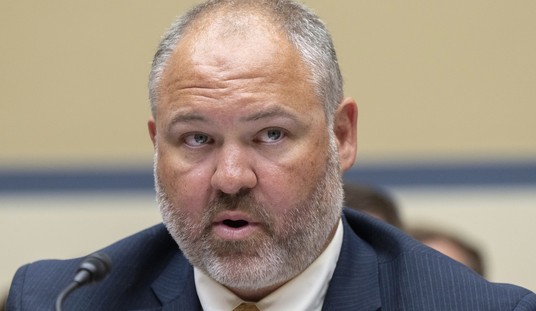Editor's Note: This column was co-authored by Stone Washington.
When Paul Kim allegedly lit a Molotov cocktail and hurled it into a Tesla service center on March 18 in Las Vegas, setting five vehicles ablaze, it’s unlikely that environmental, social, and governance (ESG) investment was on his mind — but ESG had clearly captured his actions.
The same can be said for the thousands of Americans who swarmed more than 500 Tesla locations across the country on March 29 to make a statement against Elon Musk and his cost-cutting actions on behalf of the Department of Government Efficiency (DOGE). Known as the “Tesla Takedown” movement, protestors swarmed Tesla dealerships nationwide, holding swastika signs and messages like “no one elected Elon Musk.” Demonstrations in New York City included a group holding a banner blaring “Burn a Tesla, Save Democracy.”
In recent weeks, Tesla dealerships, service centers, and even charging stations have been the targets of vandalism, gunfire, and arson in conjunction with an aggressive wave of coordinated action.
Such violent behavior in the name of leftist causes is what happens when ESG policies championed by corporate boards of directors and stockholders are weaponized.
Recommended
Once hailed as a “virtuous” form of wealth accumulation, the environmental justice arm of ESG has morphed into a violent tool of political retribution. In an ironic twist, this militant brand of ESG seeks to destroy the very market it once promoted: electric vehicles. Tesla dominates the market, accounting for 48 percent of all domestic electric vehicle sales. Destroying Tesla is a self-defeating path for ESG adherents, divesting from the only company with a competitive market against diesel fuel vehicles.
We’ve seen a similar ESG playbook used to advance the boycott, divestment, sanctions (BDS) movement against Israel. Shareholder activists at major U.S. weapons manufacturers have issued politically motivated proposals to divest from Israel during its ongoing hostage crisis and war with Hamas. This antisemitic backlash is a clear nod to the social justice arm of ESG.
And it was ESG that fueled the brutal string of riots led by Black Lives Matter (BLM) in response to the death of George Floyd in the summer of 2020. On June 13 of that year, the same day as a Wendy’s in Atlanta was engulfed in roaring flames set by BLM demonstrators, CNBC published an article titled “How the George Floyd protests can drive ESG investing.”
The BLM-ESG bond facilitated the integration of DEI programs in corporate America that exploded during the Biden administration spanning white-collar positions at Meta to blue collar work at Lowe’s.
In the case of the “environmental” component of ESG, the pressure campaign is more direct. A recent bombshell report from the U.S. House of Representatives Judiciary Committee titled “Exposing the Decarbonization Collusion in ESG Investing” revealed that major financial institutions including blue state pension funds as well as the ”Big Three” asset managers BlackRock, State Street, and Vanguard formed an unholy alliance with radical left-wing climate groups such as Ceres to “set the ESG agenda and make increasingly extreme demands” of corporate environmental policies.
The creator of Ceres, Joan Bavaria, has even been called “the founding mother of ESG.” Using militant ESG tactics, the organization has termed itself “the Army ground troops” and “a newly funded division of the Air Force” conducting a “silent bombing campaign” in the “Global World War” against climate change.
In 2024, Ceres contributed to a record 263 shareholder resolutions designed to impose onerous climate reporting and mitigation demands on publicly traded companies and, by extension, their consumers. Thankfully, shareholder activists will face a more difficult time advancing ESG at future annual meetings in the wake of new regulatory guidance from the Securities and Exchange Commission.
In 2019, the Biden administration’s Department of Energy hailed the release of “zero-emission, zero-gas” Tesla vehicles. Now, green activists who once wondered “Can Tesla Save The Earth?” are firebombing Elon’s electric cars — ironically sending 100 toxic chemicals into the air after each arson attack.
The connection between militant ESG and the Tesla Takedown isn’t surprising. Woke capital creates woke policies, and woke policies breed a woke culture. From the boardroom to the Tesla showroom: political violence is the logical end of ESG.
Gregory T. Angelo is President of the New Tolerance Campaign. Stone Washington is a Research Fellow at the Competitive Enterprise Institute. Visit newtolerance.org and cei.org for more info.


